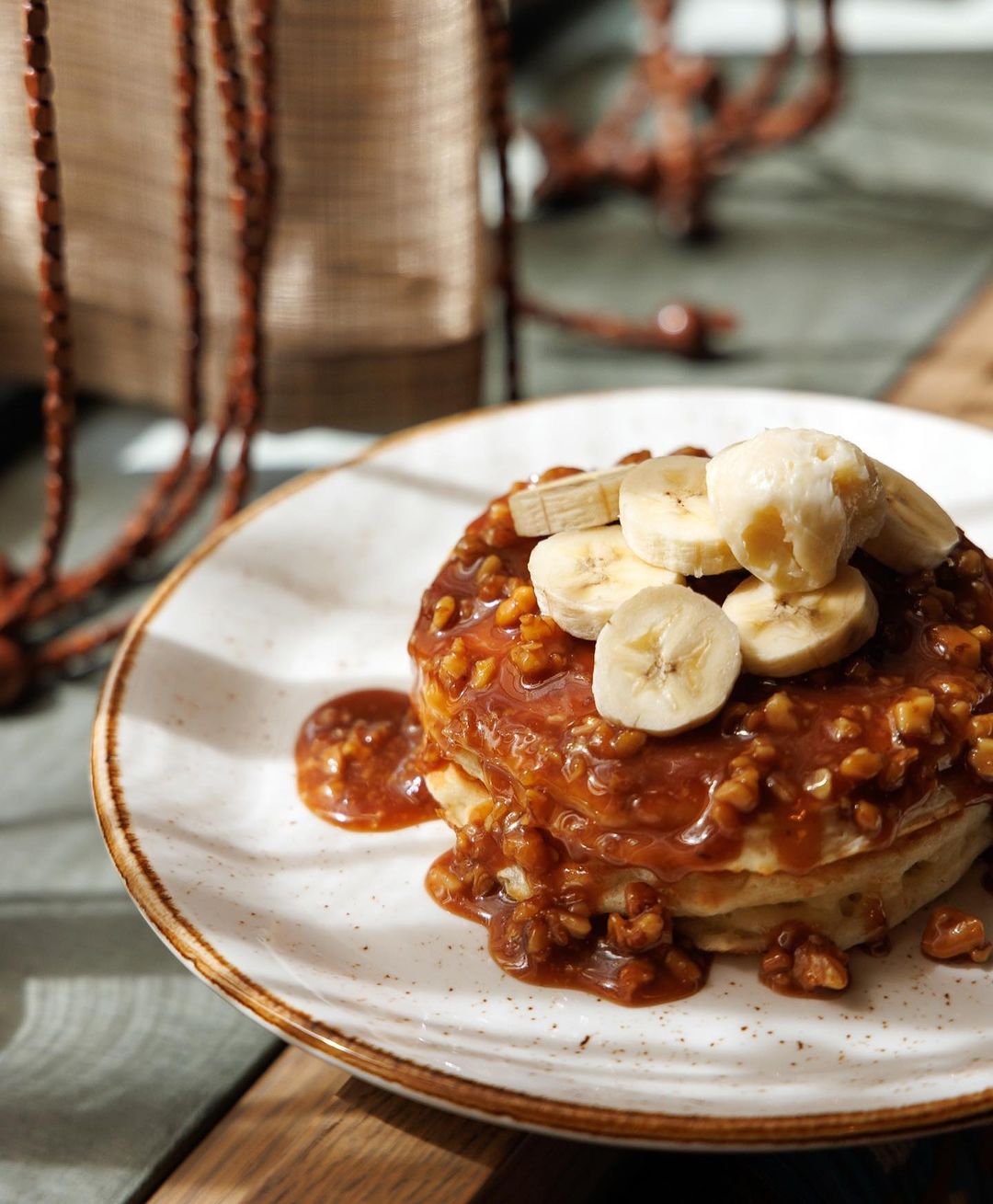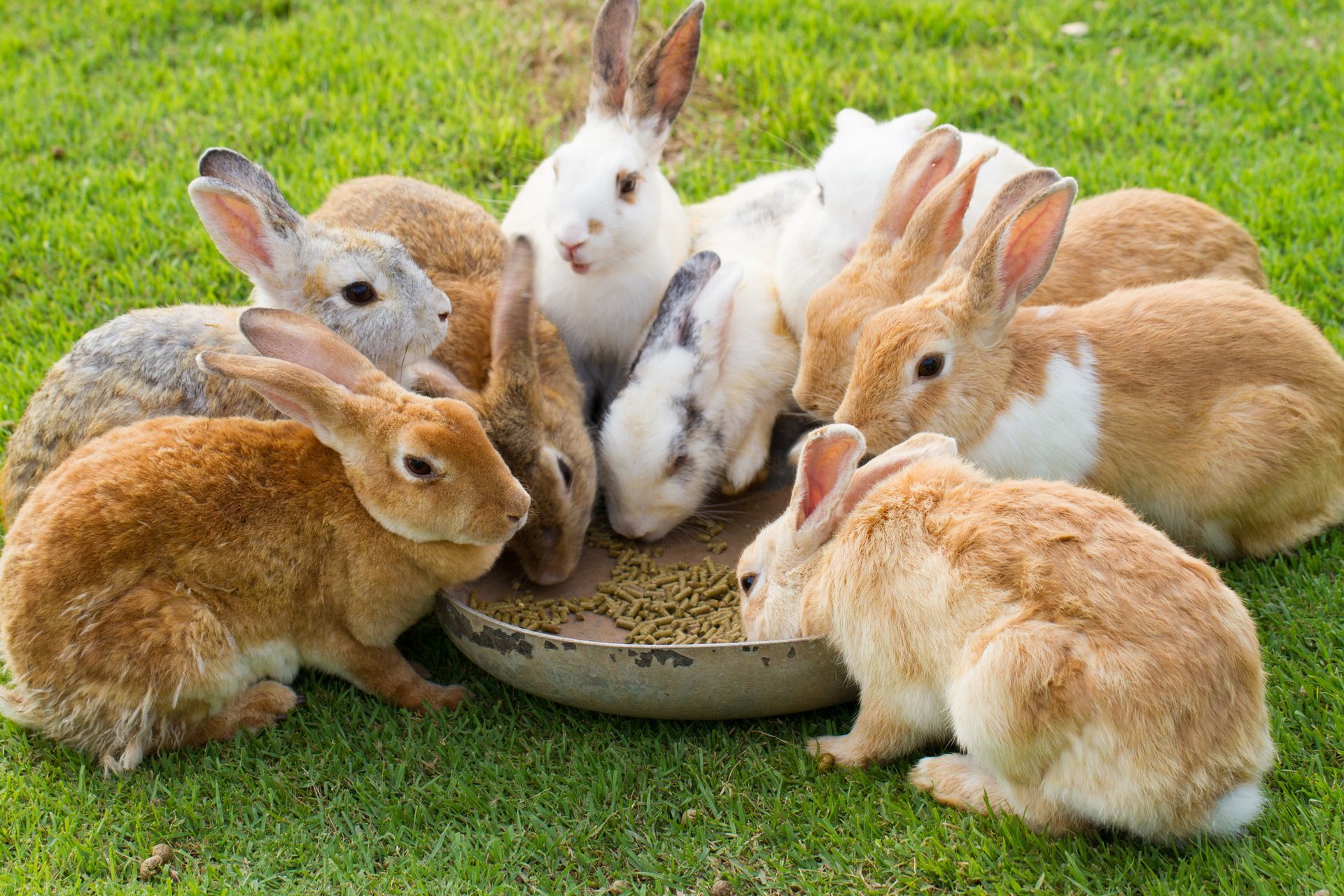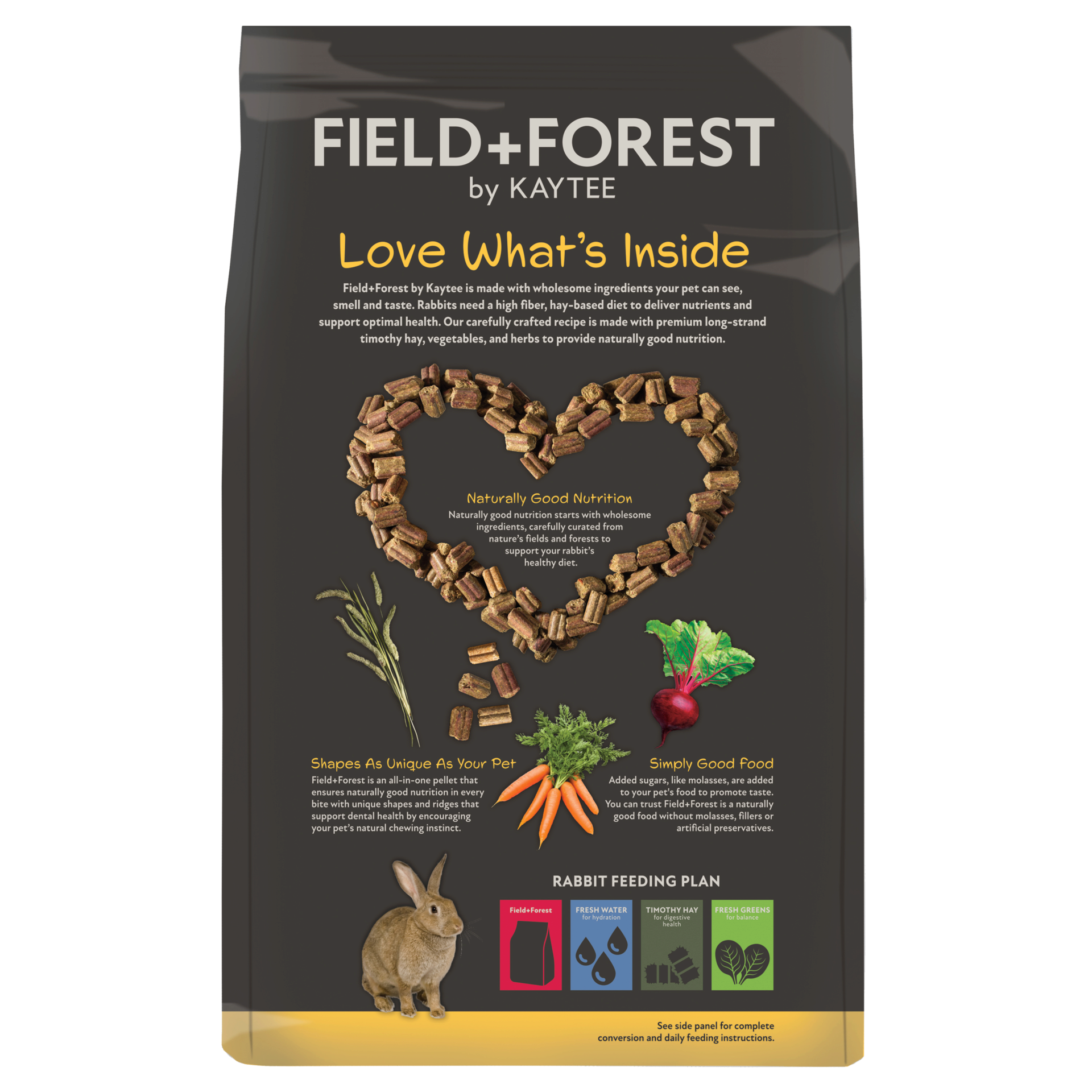Fueling The Chase: Optimal Food For Your Rabbit Hunting Beagle
For dedicated enthusiasts, the pursuit of rabbits with their loyal beagles is more than just a hobby; it's a passion, a tradition, and a way of life. The energy, stamina, and keen senses required for a successful hunt demand peak physical condition from your canine companions. This is where the right "rabbit rabbit food" — or more accurately, the optimal nutrition for your rabbit hunting beagle — becomes not just important, but absolutely critical. Every stride, every scent picked up, and every moment of sustained effort on the trail relies heavily on the fuel you provide.
Understanding the unique dietary needs of these athletic dogs is paramount for their performance, health, and longevity. Unlike a sedentary house pet, a beagle actively engaged in running a rabbit needs a diet specifically formulated to support high energy expenditure, rapid recovery, and robust overall well-being. From managing a pack of four 10-month-old females to ensuring your seasoned "running or grown dogs" are at their best, their diet is the cornerstone of their success in the field and their happiness at home.
Table of Contents
- Understanding the Unique Nutritional Needs of a Rabbit Hunting Beagle
- The Core Components of Quality Rabbit Hunting Dog Food
- Choosing the Best Rabbit Rabbit Food: Key Considerations
- The Impact of Diet on Performance and Longevity in the Field
- Supplementing Your Rabbit Hunting Beagle's Diet: When and Why
- Hydration: An Often Overlooked Aspect of Rabbit Hunting Dog Care
- Common Feeding Mistakes to Avoid for Your Rabbit Hunting Companion
- Resources and Community: Connecting with Fellow Rabbit Hunting Beagle Owners
- Conclusion
Understanding the Unique Nutritional Needs of a Rabbit Hunting Beagle
The beagle, a breed renowned for its exceptional nose and boundless energy, is a true athlete when put to work in the field. Unlike a pet that enjoys leisurely strolls, a rabbit hunting beagle engages in bursts of intense activity, followed by periods of sustained effort, often over varied and challenging terrain. This physically demanding lifestyle means their nutritional requirements differ significantly from those of less active dogs. Their bodies are constantly burning calories, repairing muscle tissue, and maintaining optimal organ function under stress. Consider the scenario of "running a rabbit with Dixie and four 10-month-old females." This isn't just a casual walk; it’s an orchestrated effort requiring immense stamina, focus, and endurance from each dog. These dogs need a diet that provides readily available energy, supports muscle development and repair, and strengthens their immune system to withstand the rigors of the outdoors. A diet formulated for a typical companion dog simply won't cut it. Their food must be energy-dense, highly digestible, and packed with the right balance of macronutrients and micronutrients to sustain their performance day in and day out. Without proper nutrition, these dedicated hunters can quickly become fatigued, prone to injury, and susceptible to illness, ultimately impacting their ability to perform their job effectively and enjoyably.The Core Components of Quality Rabbit Hunting Dog Food
When selecting "rabbit rabbit food" for your hunting beagle, it's crucial to understand the fundamental building blocks of a high-performance diet. These core components work synergistically to provide the energy, repair, and protective elements your dog needs. First and foremost, **protein** is king for working dogs. It's essential for muscle development, repair, and maintenance. Active beagles require a higher percentage of high-quality animal-based protein sources like chicken, beef, lamb, or fish. Look for diets with at least 25-30% protein content for active adults, and even higher for puppies or pregnant/lactating females. Quality protein ensures strong muscles, healthy coats, and robust immune systems. Next, **fats** are the primary energy source for endurance activities. They provide concentrated calories and are crucial for sustained energy release. High-quality animal fats (like chicken fat) and plant-based fats (like flaxseed or fish oil) provide essential fatty acids (Omegas 3 and 6) that support skin and coat health, reduce inflammation, and aid in brain function. For active hunting beagles, fat content should typically range from 15-20% or even higher for very high-energy demands. **Carbohydrates** provide quick energy and replenish glycogen stores in muscles after strenuous activity. While often misunderstood, complex carbohydrates from sources like whole grains (brown rice, oats, barley), sweet potatoes, or peas are vital. They offer sustained energy and fiber for digestive health. The balance here is key; too many simple carbs can lead to energy spikes and crashes, while complex carbs provide a steady release. Finally, a comprehensive array of **vitamins and minerals** is non-negotiable. These micronutrients play countless roles, from bone health (calcium, phosphorus) and nerve function (B vitamins) to antioxidant protection (Vitamins E and C) and immune support (zinc, selenium). A well-formulated commercial dog food designed for active breeds will typically include these in appropriate ratios. However, understanding their importance helps you evaluate the quality of the "rabbit rabbit food" you choose.Choosing the Best Rabbit Rabbit Food: Key Considerations
Selecting the ideal "rabbit rabbit food" for your hunting beagle involves more than just picking up the first bag you see. It requires careful consideration of several factors that directly impact your dog's health and performance.Age and Life Stage: From Puppies to Grown Dogs
A beagle's nutritional needs change dramatically throughout its life. A puppy, for instance, requires a diet specifically formulated for growth, with higher protein and fat content, and precise calcium-to-phosphorus ratios to support bone development. As highlighted by the forum discussions encouraging owners to "Please list puppies and young dogs in this forum," the early stages are critical for laying a strong foundation. Puppy formulas are designed to meet these intense growth demands. Once a beagle matures and becomes a "running or grown dog," their diet shifts to maintenance, though for a hunting dog, this maintenance is at a much higher energy level than a typical house pet. Adult working dog formulas are appropriate here, focusing on sustained energy and muscle repair. For older, senior beagles, even if they are still active, their metabolism might slow down, and they might benefit from joint support supplements and slightly lower calorie intake to prevent weight gain while still providing essential nutrients. Understanding these life stage differences is vital for long-term health.Activity Level and Energy Requirements
This is perhaps the most crucial factor for a hunting beagle. The intensity and duration of their hunts dictate their caloric needs. A beagle that is "running a rabbit" several times a week will require significantly more calories than one that only hunts occasionally. High-performance dog foods are formulated with higher fat content to provide the dense energy needed for sustained activity without requiring an excessive volume of food, which can lead to bloat or digestive upset. During hunting season, you might need to increase their food intake, sometimes by 20-50% or even more, depending on the dog's metabolism and the hunting conditions (e.g., cold weather increases energy expenditure). It's a delicate balance; you want to provide enough fuel without causing weight gain during off-season or insufficient energy during peak activity. Monitoring your dog's body condition score is key to adjusting their diet appropriately.Specific Health Concerns and Dietary Needs
Just like humans, dogs can have individual health issues that influence their dietary needs. Beagles, known for their floppy ears, can sometimes be prone to ear infections, and while not directly diet-related, overall immune health supported by good nutrition can play a role. Joint health is a common concern for active breeds, and some "rabbit rabbit food" formulas include glucosamine and chondroitin to support cartilage and joint function. Digestive sensitivities, allergies, or skin issues can also necessitate specific dietary adjustments. Some dogs might thrive on grain-free diets, while others might do better on limited-ingredient formulas to avoid common allergens. Consulting with a veterinarian or a certified canine nutritionist is invaluable if your beagle has persistent health issues that might be influenced by diet. They can help you navigate the vast array of specialized diets and ensure your dog receives the precise nutrition it needs.The Impact of Diet on Performance and Longevity in the Field
The connection between a high-quality "rabbit rabbit food" and your beagle's performance in the field is undeniable and profound. Think of your hunting beagle as a finely tuned athletic machine; just as a high-performance race car needs premium fuel, your dog needs optimal nutrition to excel. A well-fed beagle exhibits superior stamina, allowing them to track and chase rabbits for longer periods without tiring. This translates directly into more successful hunts and a more enjoyable experience for both dog and owner. Beyond immediate performance, proper nutrition significantly impacts a beagle's longevity in their hunting career. A diet rich in antioxidants, essential fatty acids, and balanced nutrients helps reduce inflammation, support joint health, and bolster the immune system. This proactive approach to health can delay the onset of age-related issues, reduce the risk of injuries, and help your dog recover more quickly from strenuous activity. For owners who invest time, training, and passion into their "running or grown dogs," ensuring a long, healthy, and productive hunting life is a top priority. A strong, healthy body, built on a foundation of excellent nutrition, means more years of enjoying the thrill of the chase with your beloved companion. It’s an investment that pays dividends in both performance and companionship.Supplementing Your Rabbit Hunting Beagle's Diet: When and Why
While a high-quality commercial "rabbit rabbit food" designed for active dogs should provide a complete and balanced diet, there are specific instances where supplementation might be beneficial for your rabbit hunting beagle. However, it's crucial to approach supplementation with caution and always consult with your veterinarian before adding anything to your dog's diet. Over-supplementation can be as harmful as deficiencies. One common area where supplements are considered for active beagles is **joint health**. Given the repetitive impact and strain on their joints during hunting, glucosamine and chondroitin supplements can help support cartilage health and reduce inflammation, potentially delaying or alleviating symptoms of arthritis. Omega-3 fatty acids, particularly EPA and DHA from fish oil, are excellent for reducing systemic inflammation, supporting skin and coat health, and benefiting cardiovascular and cognitive function – all vital for a working dog. **Probiotics** can be useful for maintaining a healthy gut microbiome, especially during periods of stress, travel, or dietary changes. A healthy gut contributes to better nutrient absorption and a stronger immune system. For dogs with very high energy output, some owners consider specific **performance supplements** that might include amino acids or additional B vitamins, though these are typically only necessary for elite athletes under extreme conditions and should be managed carefully. Remember, supplements are meant to complement, not replace, a balanced base diet. Their judicious use can fine-tune your beagle's nutrition, providing an extra edge in health and performance.Hydration: An Often Overlooked Aspect of Rabbit Hunting Dog Care
While much attention is rightly given to "rabbit rabbit food," the importance of hydration for a rabbit hunting beagle cannot be overstated. Water is arguably the most critical nutrient for any living creature, and for an active working dog, adequate hydration is absolutely essential for performance, health, and preventing serious conditions like heatstroke. Beagles engaged in "running a rabbit" can quickly become dehydrated, especially in warm weather or during long hunts, as they expend significant energy and pant heavily to regulate their body temperature. Water plays a vital role in virtually every bodily function: regulating body temperature, transporting nutrients, lubricating joints, and aiding in waste elimination. Even a small degree of dehydration can significantly impair a dog's physical capabilities, leading to fatigue, reduced stamina, and a higher risk of injury. Owners must ensure their beagles have constant access to fresh, clean water, especially before, during, and after hunts. Carry portable water bowls and sufficient water when out in the field. Offer water breaks frequently, even if your dog doesn't seem thirsty. Some owners even add a small amount of low-sodium broth or a canine electrolyte solution to water to encourage drinking and replenish lost minerals, particularly on very hot days or after exceptionally strenuous activity. Prioritizing hydration is a simple yet profoundly effective way to safeguard your hunting beagle's health and maximize their performance.Common Feeding Mistakes to Avoid for Your Rabbit Hunting Companion
Even with the best intentions, owners can sometimes make feeding mistakes that hinder their rabbit hunting beagle's health and performance. Being aware of these pitfalls is crucial to ensuring your dog gets the most out of their "rabbit rabbit food." One common error is **overfeeding or underfeeding**. During the off-season, when activity levels might drop, continuing to feed a high-calorie hunting formula at the same quantity can lead to unhealthy weight gain, putting strain on joints and organs. Conversely, during peak hunting season, underfeeding can leave your beagle depleted, lacking the energy needed for sustained performance and proper recovery. Regularly assess your dog's body condition score – you should be able to feel their ribs easily but not see them prominently, and they should have a visible waist. Another mistake is **feeding table scraps or inappropriate human foods**. While a small treat might seem harmless, many human foods are high in fat, sugar, or salt, and some are toxic to dogs (e.g., chocolate, grapes, onions). These can lead to digestive upset, pancreatitis, or long-term health issues. Stick to high-quality dog treats or small portions of plain, cooked lean meats or vegetables as occasional rewards. **Sudden diet changes** are also a frequent culprit for digestive upset. If you decide to switch your beagle's "rabbit rabbit food," do so gradually over 7-10 days, mixing increasing amounts of the new food with decreasing amounts of the old. This allows their digestive system to adjust, preventing diarrhea or vomiting. Lastly, **not providing consistent feeding times** can disrupt a dog's digestive rhythm. Establishing a regular feeding schedule helps with digestion and can also aid in house training and overall routine. By avoiding these common errors, you can ensure your rabbit hunting beagle receives consistent, optimal nutrition, supporting their health and prowess in the field.Resources and Community: Connecting with Fellow Rabbit Hunting Beagle Owners
Navigating the world of "rabbit rabbit food" and overall beagle care can be complex, but you don't have to do it alone. The community of rabbit hunting beagle owners is vibrant and dedicated, offering a wealth of shared experience and knowledge.Online Forums and Communities
One of the most valuable resources for beagle enthusiasts is online forums. As the "Data Kalimat" highlights, a "forum community dedicated to rabbit hunting beagle owners and enthusiasts" exists, with sites like "rabbitdogs.net" being central hubs. These platforms boast impressive activity, with "536k posts and 18k members since 2009," and "117k posts, 18m views topics about rabbit hunting and beagles in general." These forums are incredible places to "Come join the discussion about breeding, health, behavior, housing, adopting, care, supplies, classifieds, and" other vital topics. Whether you're looking for advice on feeding "puppies and young dogs," managing the diet of "running or grown dogs," or even discussing specific breeding lines (like a "bluetick female looking for red male"), these communities provide a platform for sharing insights, troubleshooting challenges, and connecting with like-minded individuals. The collective experience of thousands of owners, many of whom have spent decades "running a rabbit," is an unparalleled resource for practical advice on nutrition, training, and general well-being.Consulting Veterinary Professionals
While community forums offer invaluable peer support, it's crucial to remember that they are not a substitute for professional veterinary advice. For specific health concerns, dietary changes, or if your beagle exhibits any signs of illness, always consult with a qualified veterinarian. Veterinarians, especially those experienced with working dogs, can provide tailored nutritional advice based on your dog's individual health status, activity level, and any underlying conditions. They can recommend specific diets, interpret blood work, and guide you on appropriate supplementation. Combining the practical wisdom of the hunting community with the scientific expertise of veterinary professionals ensures a comprehensive and effective approach to your rabbit hunting beagle's health and nutrition.Conclusion
The journey of owning and hunting with beagles is incredibly rewarding, filled with the thrill of the chase and the deep bond forged in the field. At the heart of this successful partnership lies optimal nutrition. Understanding the specific needs of your active "rabbit rabbit food" consumer – your dedicated hunting beagle – is not just about feeding them, but about fueling their passion, protecting their health, and ensuring their longevity. From selecting the right balance of proteins, fats, and carbohydrates to understanding life-stage requirements and the critical role of hydration, every feeding decision contributes to their prowess. By avoiding common mistakes, embracing the wealth of knowledge available within the vibrant rabbit hunting beagle community, and always consulting with veterinary professionals, you empower your canine companion to perform at their peak. Invest wisely in their "rabbit rabbit food," and you'll be rewarded with years of memorable hunts and the unwavering companionship of a healthy, happy, and high-performing beagle. We encourage you to share your own experiences and feeding tips in the comments below, or join the discussion on dedicated forums like rabbitdogs.net to continue learning and growing with this passionate community. Your insights could be invaluable to a fellow enthusiast!
Rabbit! Rabbit! Rabbit! - EatingYYZ

Rabbit Food | American Horse Products

Rabbit Food